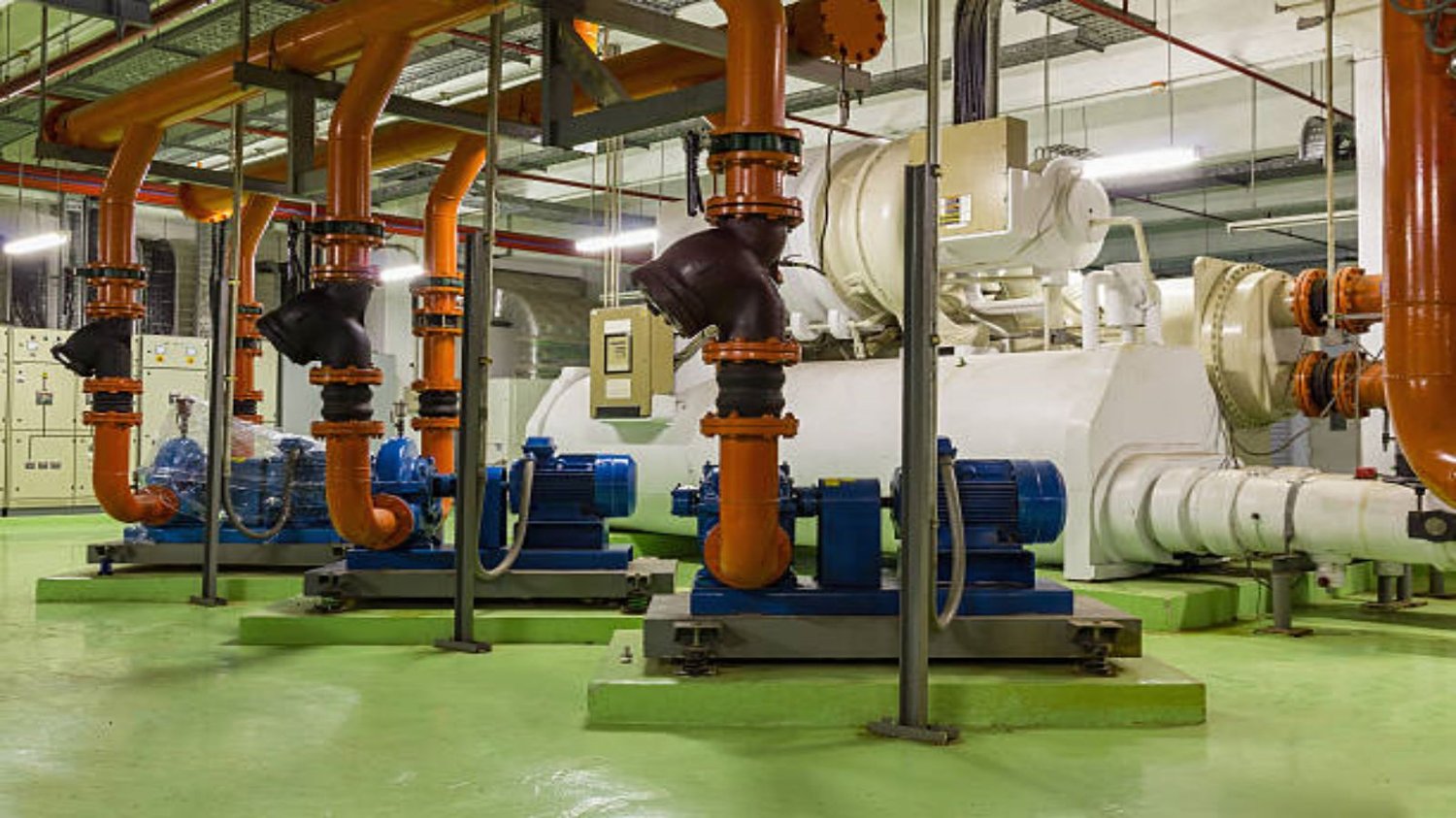Introduction
When it comes to cooling systems, businesses have two main options to choose from: water cooled chillers and air cooled chillers. Both types serve the same purpose of removing heat from a space or equipment, but they differ in their functionality and efficiency. In this article, we will explore the differences between water cooled chillers and air cooled chillers, their advantages and disadvantages, and help you make an informed decision on which option is right for your needs.
1. Energy Efficiency
One of the primary factors to consider when choosing between water cooled chillers and air cooled chillers is energy efficiency. Water cooled chillers are generally more energy efficient compared to air cooled chillers. This is because water is a better conductor of heat than air, allowing water cooled chillers to remove heat more effectively. Additionally, water cooled chillers can leverage cooling towers to further improve efficiency by dissipating heat through evaporation. On the other hand, air cooled chillers rely solely on ambient air for heat dissipation, which can be less efficient, especially in warmer climates.
2. Installation and Space Requirements
Another aspect to consider is the installation and space requirements of the two types of chillers. Water cooled chillers require a dedicated water source, such as a cooling tower or a ground loop system, which can add complexity to the installation process. These chillers also require additional space for the cooling tower or other water-related equipment. On the other hand, air cooled chillers do not require a separate water source and can be installed in a more compact manner, making them suitable for locations with limited space.
3. Maintenance and Lifespan
Maintenance and lifespan are crucial considerations for any cooling system. Water cooled chillers generally require more maintenance compared to air cooled chillers. This is mainly due to the additional components involved, such as cooling towers and water treatment systems, which need regular inspection and maintenance. Air cooled chillers, on the other hand, have simpler maintenance requirements and can be easier to troubleshoot. In terms of lifespan, both types can have similar lifespans if properly maintained, typically ranging from 15 to 25 years.
4. Noise Levels
Noise levels can be a significant concern, especially in environments where low noise is crucial. Water cooled chillers tend to be quieter compared to air cooled chillers. This is because water cooled chillers separate the cooling unit from the condenser, which can be placed in a less noise-sensitive area. Air cooled chillers, however, have the cooling unit and condenser combined, resulting in higher noise levels. If noise is a concern for your application, water cooled chillers may be the better choice.
5. Initial Cost
Initial cost is an important factor to consider when choosing between water cooled chillers and air cooled chillers. Water cooled chillers typically have a higher upfront cost compared to air cooled chillers. This is due to the additional equipment required, such as cooling towers and pumps. However, it's important to consider the long-term cost of operation, as water cooled chillers are more energy efficient and can result in lower energy bills over time. If budget is a primary concern, air cooled chillers may be a more affordable option initially.
6. Environmental Impact
Environmental impact is becoming an increasingly important consideration for businesses. Water cooled chillers can have a higher environmental impact compared to air cooled chillers due to their water usage. Water cooled chillers require a significant amount of water for their operation, which can be a concern in areas with water scarcity. On the other hand, air cooled chillers do not require water for their operation, making them more environmentally friendly in terms of water consumption. However, air cooled chillers may consume more electricity, which should also be taken into account when evaluating their overall environmental impact.
7. Cooling Capacity
Cooling capacity is a crucial aspect to consider when selecting a chiller system. Water cooled chillers have higher cooling capacities compared to air cooled chillers. This means that water cooled chillers can handle larger cooling loads and are more suitable for applications that require high levels of cooling, such as industrial processes or large commercial buildings. Air cooled chillers, on the other hand, have lower cooling capacities and are better suited for smaller cooling loads or applications that do not require as much cooling power.
8. Flexibility and Scalability
Flexibility and scalability are important factors to consider, especially if you anticipate future expansion or changes in your cooling requirements. Water cooled chillers offer more flexibility and scalability compared to air cooled chillers. With water cooled chillers, it is relatively easier to add additional cooling capacity by expanding the cooling tower system or connecting more chillers to the existing setup. Air cooled chillers, on the other hand, may require significant modifications or even replacement if cooling needs increase beyond their capacity.
9. Reliability
Reliability is a crucial factor when it comes to cooling systems, especially for critical applications. Water cooled chillers are generally considered more reliable compared to air cooled chillers. This is because water cooled chillers operate at lower condensing temperatures, resulting in less stress on the compressor and other components. Additionally, water cooled chillers are less affected by ambient temperature variations, making them more reliable in extreme weather conditions. Air cooled chillers, on the other hand, are more susceptible to temperature fluctuations and may experience reduced efficiency and performance during hot weather.
10. Industry Applications
Water cooled chillers and air cooled chillers find applications in different industries based on their specific characteristics. Water cooled chillers are commonly used in industries that require high cooling capacities, such as manufacturing, data centers, and large commercial buildings. Air cooled chillers are more suitable for applications with lower cooling requirements, such as small offices, retail spaces, and residential buildings. Understanding your industry's specific cooling needs will help you determine whether a water cooled chiller or an air cooled chiller is the right choice for your application.
